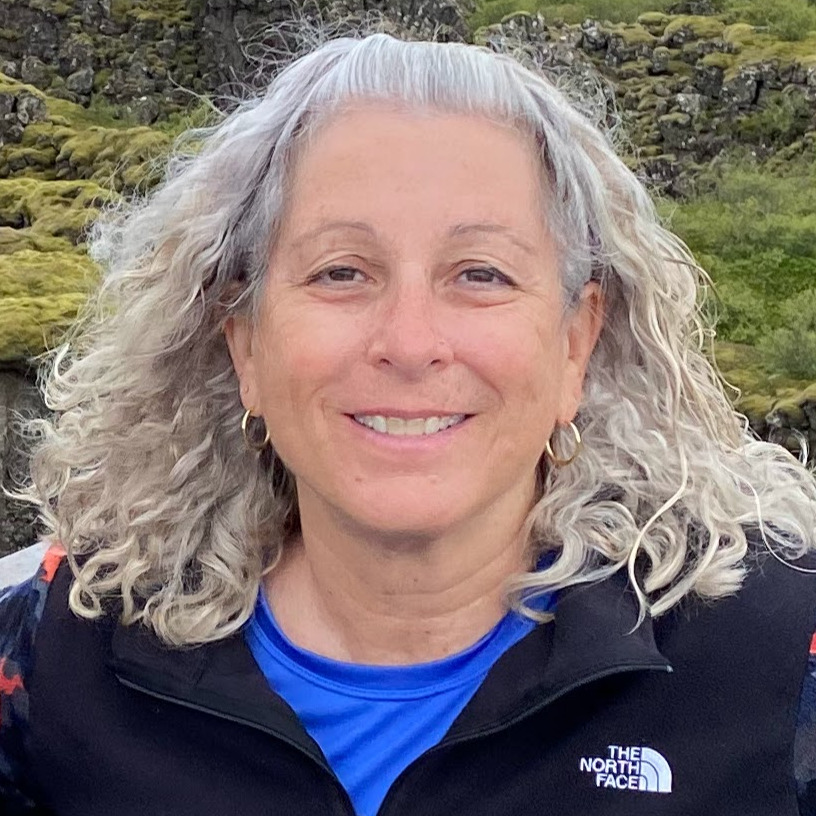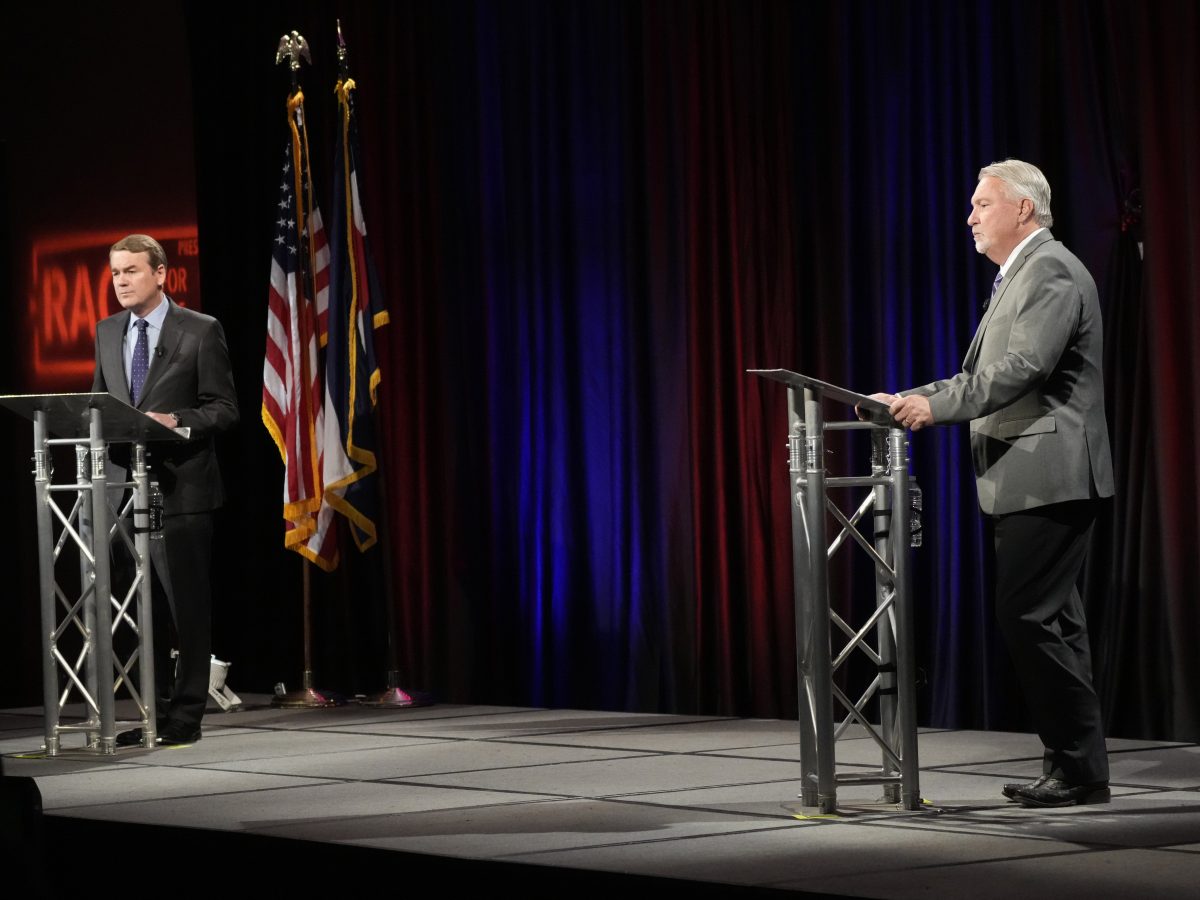High-speed internet for every home and business in this country has been elusive for the last 20 years despite efforts by administrations on both sides of the aisle — until now. Thanks to the incredible work by the Biden Administration and leaders like U.S. Sens. John Hickenlooper and Michael Bennet, Colorado and the rest of America have a historic opportunity to close its digital divide once and for all.
The Bipartisan Infrastructure Package allocates $65 billion to connect the remaining 6% of American homes without access to high-speed internet, including some of the most rural and remote areas of Colorado. With more than 6% (approximately 350,000 residents) of Coloradans lacking access to broadband according to BroadbandNow, it is crucial that we ensure that part of this historical investment allocated for federal broadband funding be used to connect unserved Coloradans.
As an educator and Adams 12 Five Star Schools Board of Education member, I saw the first-hand effects that the pandemic had on learning for students across our state. While some students had parents or care providers who were able to stay at home with their children, helping them navigate online and at-home learning, the vast majority of parents had to continue working in order to pay their rent or mortgages and to put food on the table for their families, leaving them in a crunch to act both as a remote teaching assistant and a provider for their family.
Furthermore, too many families did not have access to broadband internet going into the pandemic. Because of this, students were forced to walk to school parking lots and connect to the school’s internet in order to continue attending school through the pandemic.
Now that we have this once-in-a-generation opportunity to level the digital playing field, we need the federal government to remove barriers to success – our elected leaders in Colorado can make sure their hard work does what it is intended by updating our nation’s outdated pole access rules. Successful, expeditious broadband expansion will require that much-needed changes be made regarding utility pole access.
Utility poles play a critical role in our communications infrastructure, and this has only grown more true with our increasing reliance on the internet. For unserved areas — communities without access to any high-speed internet infrastructure — the most efficient way to get them online is for internet service providers to attach their technology to existing poles
However, most broadband providers do not own utility poles; small utilities, co-ops, electric companies, and other entities do. Therefore, providers must get permission to access poles and pay a fee to affix their technology.
All of that would be fine if there was a functional system governing access to poles.
Unfortunately, the permitting process can be complicated and opaque. Not all pole owners share the same sense of urgency as unserved Coloradans do for broadband access. Even though providers have shown that they are willing to pay for the costs associated with their new pole attachments, in some cases, disputes arise over the cost for access. These disputes can go on for many months before they are heard and subsequently resolved.
Without a system to resolve disputes or fast-track pole access, this process can drag out, subsequently leaving unserved communities stuck without internet access and therefore the critical services they need, including remote learning, telehealth, and more.
Rural Americans are 10 times more likely to lack broadband access than those in urban areas. To put this into perspective: while 6% of the country overall lacks access to broadband infrastructure, that figure rises to more than 24 percent in rural areas. Furthermore, more than one in six people living in poverty have no internet access.
Coloradans and Americans alike need solutions that bring transparency and reform a broken, outdated system, otherwise the millions of Americans who are meant to be helped by the infrastructure bill will face the same connectivity challenges that have been holding them back for generations.
Congress can build on its admirable work on infrastructure by taking action to speed up access to poles and resolve disputes over pole replacements so we can take advantage of this opportunity to bring high-speed internet to every home and business. Many Americans are counting on our leaders in order to get connected. Congress should establish clear rules for resolving disputes between pole owners and providers quickly so that broadband infrastructure expansion isn’t needlessly delayed.
The Bipartisan Infrastructure Law holds great promise to finally get every house and business access to high-speed internet. We need leaders in Washington like Sens. Hickenlooper and Bennet to make sure we create the correct conditions that allow this law to do what it was meant to do.
Lori Goldstein lives in Westminster.

"Opinion" - Google News
October 30, 2022 at 02:30PM
https://ift.tt/CJrwVAm
Opinion: What's the obstacle to pushing broadband into underserved areas? The humble utility pole - The Colorado Sun
"Opinion" - Google News
https://ift.tt/1c4r6kd
Shoes Man Tutorial
Pos News Update
Meme Update
Korean Entertainment News
Japan News Update





No comments:
Post a Comment